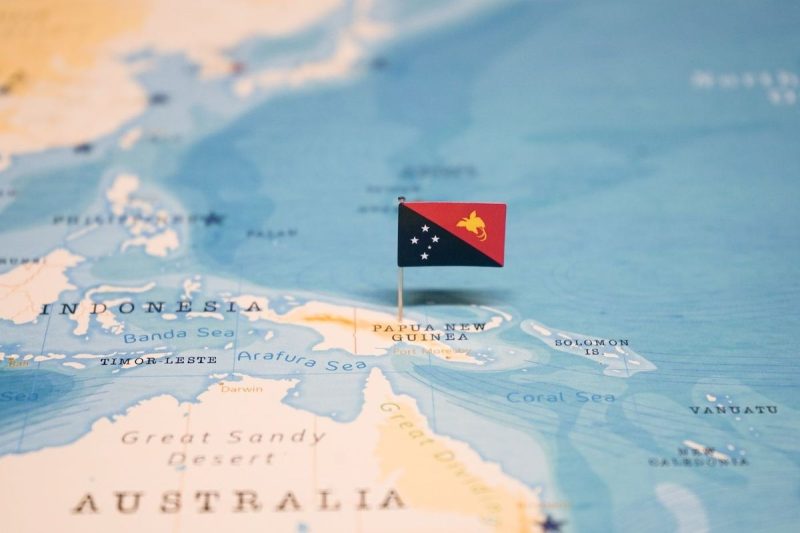
Deadly Tribal Clash Erupts Near Porgera Gold Mine, Claims 30 Lives
The recent tribal conflict near the Porgera gold mine has resulted in the tragic loss of 30 lives, highlighting the underlying tensions and challenges faced by communities living in close proximity to resource extraction sites. This incident sheds light on the complex interplay of factors such as land rights, economic disparities, and historical grievances that often fuel such conflicts.
In the region surrounding the Porgera gold mine, located in the rugged highlands of Papua New Guinea, local indigenous communities have long struggled with the impacts of large-scale mining operations. While the mine has brought economic development and employment opportunities to the region, it has also been a source of friction and division among the various tribal groups that call the area home.
Land ownership and resource rights have been central issues in the conflict, with different communities asserting competing claims to the land and its mineral wealth. The lack of clear legal frameworks and mechanisms for addressing these disputes has only served to exacerbate tensions and create fertile ground for violence.
Moreover, the disparities in wealth and living standards between those benefitting from the mining operations and those left out of the economic gains have further widened the rift between the different groups. The concentration of wealth and power in the hands of a few has fueled resentment and a sense of marginalization among those who feel excluded from the benefits of the mine.
Historical grievances and unresolved conflicts have also played a role in perpetuating the cycle of violence in the region. Disputes over land, resources, and ancestral rights that date back generations continue to simmer beneath the surface, erupting into violent clashes when triggered by more immediate issues or grievances.
Addressing the root causes of the conflict near the Porgera gold mine will require a comprehensive approach that tackles the underlying issues of land rights, economic disparities, and historical grievances. Meaningful dialogue and reconciliation efforts must be undertaken to foster understanding and trust among the different tribal groups and facilitate a peaceful resolution to the disputes.
Furthermore, there is a pressing need for greater transparency and accountability in the mining industry to ensure that local communities benefit equitably from resource extraction activities and that their rights are respected and protected. Stronger regulatory frameworks and mechanisms for resolving disputes must be put in place to prevent further violence and loss of life in the region.
Ultimately, the tragedy near the Porgera gold mine serves as a stark reminder of the urgent need to address the complex social, economic, and historical issues that underlie conflicts in resource-rich regions. Only through a holistic and inclusive approach that takes into account the interests and concerns of all stakeholders can lasting peace and sustainable development be achieved in these vulnerable communities.
